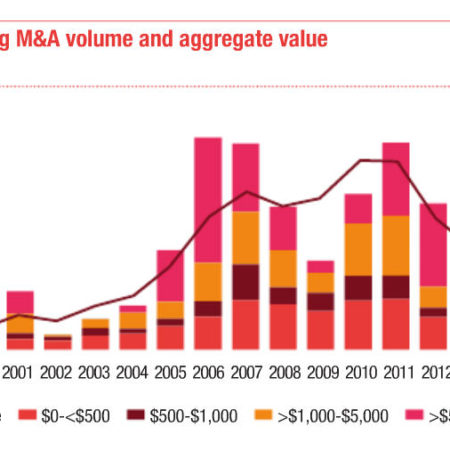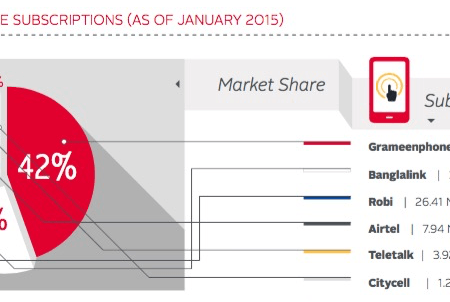Agency problem under Venture Capital Framework
There are a number of scenarios whereby agency problem can incur in the venture capital framework. Even though there are a number of stakeholders (fund manager, trustee, EI, portfolio companies etc.) in the venture capital framework, majority of the agency risks stem either from fund managers or Investee Company.
Fund manager needs to protect the interest of the eligible investors and the business should be conducted as per the due diligence. So, there should be adequate intellectual, financial and infrastructural resources to run the business accordingly and the fund manager has the fiduciary responsibility of managing these key resources properly. For fulfilling these key responsibilities, a fund manager is expected to get management fee based on the fund size and the fund manager is also expected to share the profits.
Most often a fund manager takes away more profit than he or she is entitled. Fund managers take on risky projects since their stake in the fund corpus is limited. Fund managers are supposed to work in coherence with the board of directors selected by the eligible investors. But they may control the valuation approach of the investee committees, the formation of the audit committees and most importantly the decision to take the exit from an investee company.
By including airtight conditions like high-watermark provisions, clawback provisions, deal-by-deal profit sharing, project risk adjusted threshold level, EIs (eligible investors) will be able to reduce a number of agency problems. At the later phase of the fund’s tenure, the fund manager should be paid on the NAV basis.
An investee company gets necessary fund from the venture capital firm at its seed capital, bridge financing, round one or round two phases. It is expected that the investee company will use its funds for the proper causes and remain stick to its business objectives in the longer run. But adverse selection and subsequent moral hazards are real concerns under the VC framework and this adverse selection and moral hazard problem stems from the investee company.
An investee company may become overleveraged, it may change its original business plan, it make take unnecessary business risks and all these initiatives will eventually lead to business failure and the chances of recovery will drip subsequently.
Proper monitoring over the fund usage is a must to reduce this type of moral hazard problem. That is why most of the time; the authorized representatives of VC firm represent the investee company’s board.
Date: 11 September 2017
Blog Writer: Hussain Ahmed Enamul Huda










Leave a Reply